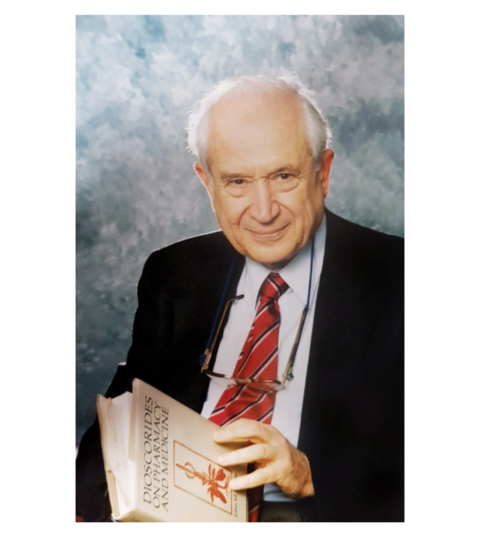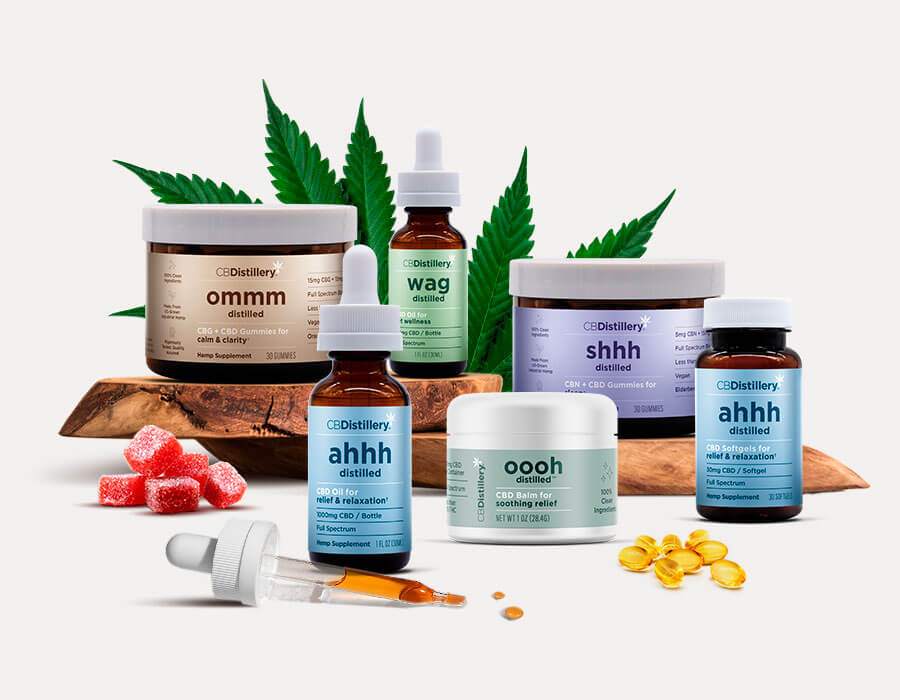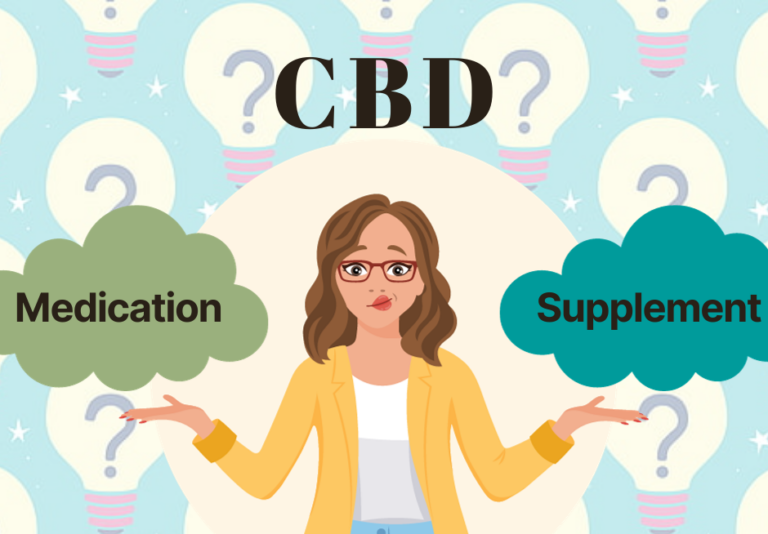Written by Bloom
CBD is a wonder drug! CBD is a must-have daily supplement – for you and Fido! Have you heard the headlines? Have you seen CBD advertised in your local boutique, or even the gas station on your last road trip? What is it about those 3 magic letters that trigger so much hope? Or, is this all hype that you should ignore?
As a healthcare professional, I’d like to add some clarity to the hype of CBD (and THC). Taking an objective look at the potential of CBD starts with establishing your goals and objectives in using it. First, let’s state a fact; CBD is one of the cannabinoids found in the Cannabis Sativa plant. Researchers found that these plant molecules can mimic compounds we make in our own body that regulate cellular balance. Why is this important, and why should you pay attention?
Natural foods and supplement markets develop nutraceuticals to boost your state of health or well-being, and to enhance or optimize your performance in life. CBD can fit into this market. Pharmaceutical companies develop drugs to treat symptoms of illness and to try to heal underlying conditions. CBD can fit into this market too. Supplements and pharmaceuticals both try to stimulate receptors in the body to activate health and healing, and CBD fulfills the roles! So where does CBD fit into the mix – is it a supplement or is it a drug? The answer depends on how you use it, and we are just starting to define its potential.
CBD & Cannabis sit in a nexus of political, social, economic, medical, and health issues that have not been fully addressed by our government. However, the US Government took out patent protection on cannabinoids (CBD Patent#), proof enough that CBD molecules are potent antioxidants and neuroprotectants. Americans for Safe Access publishes condition-based booklets on cannabis use for various conditions, stacking up research to help us realize why we need to continue pursuing CBD as a multi-faceted solution.
Since prohibition in 1937, official research does not come from the US government. The 2018 US Farm Bill did remove CBD from Schedule 1, which left private industry to pursue innovative solutions. Private Jazz Pharmaceuticals now makes Epidiolex which is the FDA-approved CBD drug used for epilepsy. Epidiolex costs $3,000 per month for a 100mg/ml version of pure CBD, raking in profits. The CBD Supplements industry is here to stay as well, becoming a $6 billion industry by 2025. Miracle cures are nice, but the lack of a cohesive federal message leaves many confused. What can you believe, and why should it matter?
Let’s begin with the 11,187 studies pointing to the therapeutic potential of CBD. Scientists discovered the Endocannabinoid System as critical to the human nervous & immune systems, pain processing, mood, inflammation, appetite, digestion, sleep, and relaxation. CBD and the other (plant-based) phytocannabinoids interact with our body by stimulating the receptors of the endocannabinoid system. When our system is not well tuned, cannabinoids mimic our own regulators to restore balance to the ECS, and CBD plays a very active role at over 70 receptors. So how does that play out in human health, and when are we going to have more approved forms of CBD to prescribe and/or supplement? That is the billion dollar question!
Pharmaceutical companies do their best work with blockbuster drugs to alter gene expression for people with rare diseases, or to help insulin work better in diabetic patients. But medicine has not evolved much when treating the conditions that accumulate as we age. We need help to function better in everyday life! When was the last time you heard a new drug might help people be more mindful about what they were eating, or have a little more natural energy to promote movement How many new drugs help relax the mind reducing fight or flight reactions without leaving you feeling drugged? Prior to the discovery of the ECS, we didn’t know there was a path to alter health in this way, but now we do!
Dr. Rafael Mechoulam, who pioneered medicinal cannabis research in 1964 is often quoted, “Modulating endocannabinoid activity has clinical significance in almost all human disease”. (Clinical implications) Research into CBD and other cannabinoids brings optimism to those statements, finding CBD is protective to our nervous and immune systems. CBD may even provide the correct signals to ward off the latest bacteria and viruses – critical in being well. Cannabinoids are antiviral and antibacterial, so many take CBD to feel extra protection.

Dr. Rafael Mechoulam
CBD is a wonderful option for wellness – for pain, focus, calm, digestive, balance, energy, neuroprotectant, and antioxidant benefits. CBD may ease the hormonal adjustments of menopause and provide grounding to handle the increasing stressors of life. CBD is a perfect workout buddy – providing anti-inflammatory effects so that exercise is enjoyed daily. Sexual health may even get a lift when other physiologies improve, so that’s a side benefit!
The lack of progress from traditional medicine to improve chronic conditions lends support to the enormous potential in using CBD to support our health. This leads us back to our initial point; “is CBD a supplement, or a pharmaceutical?” In my expert opinion, I believe it is both! Especially when it is grown organically without pesticides and screened by third-party labs to ensure potency and purity. CBD options must include Full spectrum and Broad spectrum, so consumers leery of drug testing can stay negative for THC.
We have personally guided thousands of people in how to add CBD & Cannabinoids to their treatment plans and witnessed improvements in intractable conditions. Because CBD works naturally, it avoids the side effects or collateral damage of pharmaceuticals. My own regimen will always include CBD, and I have drastically reduced my pharmaceuticals. I feel stronger and better able to adapt, rest, and restore.
Now you understand that CBD is both a drug and a supplement. Within this context, I urge clients and clinicians alike to get better educated and to consider adding CBD to daily life.



